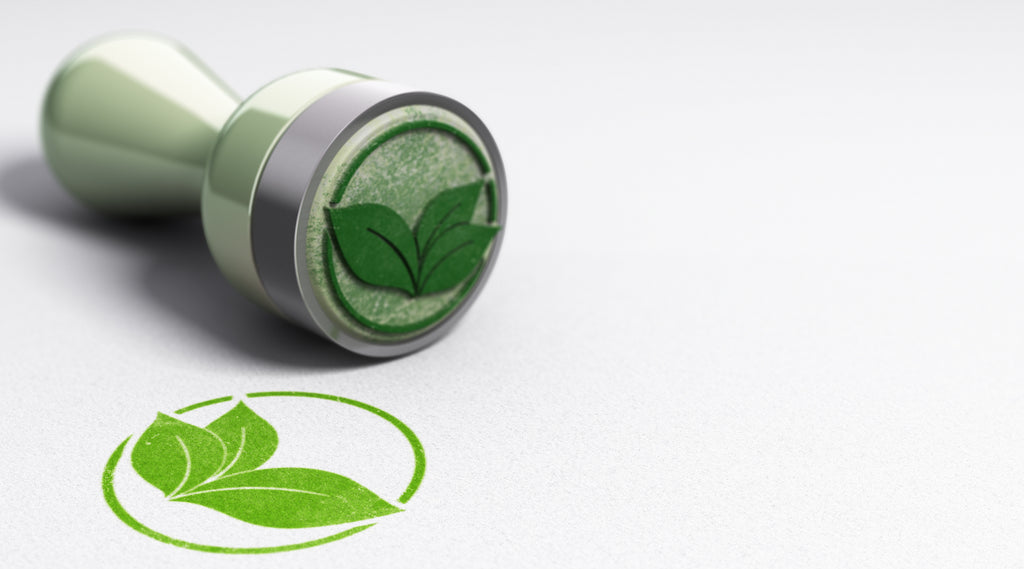What is LEED Certification?
Posted by SPECIAL HARDWOOD

When it comes to home construction or renovation, sustainability has become increasingly important in recent years. The desire for eco-friendly materials and practices has given rise to new certifications that help people make informed decisions about the products they use to clean, protect, and care for their homes.
Our Commitment to Sustainability
The Leadership in Energy and Environmental Design (LEED) certification program is one of these new ratings. LEED certification is a globally recognized standard that promotes environmentally responsible building practices.
Through its ongoing dedication to producing products that contribute to sustainability and minimize negative environmental impact, Special Hardwood is proud to announce Rubio Monocoat’s LEED certification.
But what is LEED certification, and why is it important? Here’s a look at why it matters and why our offering of Rubio Monocoat’s natural oil finishes are an excellent choice for those seeking a sustainable option for treating and protecting their hardwood surfaces.
LEED Certification
The United States Green Building Council (USGBC) created the LEED certification program in 1998. Since then, it has become a worldwide standard for sustainable building practices. The program provides a framework for designing and constructing buildings in an environmentally friendly way.
Designs, construction, and products that meet the program’s criteria are awarded LEED certification. The certification is granted on a point system, with points being assigned for various sustainable practices. LEED certification is available for all building types, including homes, schools, and commercial buildings, as well as a wide array of products used in construction and finishing, including finishes for hardwood floors and other wooden surfaces.
Why Does LEED Certification Matter?
Products with LEED certification are produced in sustainable, eco-friendly ways and are safe for the environment. LEED certification is a globally recognized standard that makes buildings and products that have been certified better choices for potential buyers, tenants, or consumers.
Renewability and Cost-Effectiveness
Rubio Monocoat Oil Plus 2C is an all-natural oil finish that’s an excellent choice for anyone seeking a sustainable finishing option. It’s made from non-toxic, rapidly renewable plant-based materials which can be replenished quickly and sustainably.
Oil Plus 2C is made with linseed oil, produced from all-natural flaxseeds. Flax is an agricultural product grown for human consumption and other uses, such as in natural oil finishes.
Like all of the products we offer,, it doesn’t contain harmful chemicals that could pose a health risk for your and your family, making it safe for the environment and the people who use it. Using LEED-certified products is one way to ensure your home is safer. Our products have low or no VOC content, meaning they won’t add toxic chemicals to the air you breathe in your home.
Saving More than the Environment
In this case, being green can also translate into saving green. Our natural oil finish is more cost-effective than other products because its unique formulation requires less buffing and resanding than competing brands.
This means less time and labor are required to achieve a high-quality finish. Additionally, Rubio Monocoat’s natural oil finish can be applied in one coat, which saves time and money compared to products that require multiple coats.
Sustainable Home Care
Sustainability home care is becoming an increasingly important and popular subject as more and more people seek to reduce their environmental impact and live a more eco-friendly lifestyle.
Sustainable home care involves using natural, non-toxic products and practices that are safe for people and the environment. This can include everything from cleaning products and laundry detergents to home maintenance and energy efficiency.
Using LEED-certified products, like our offering of oil finishes and cleaning products by Rubio Monocoat, green-minded homeowners can help reduce their carbon footprint and create a healthier, more sustainable home environment at the same time.


